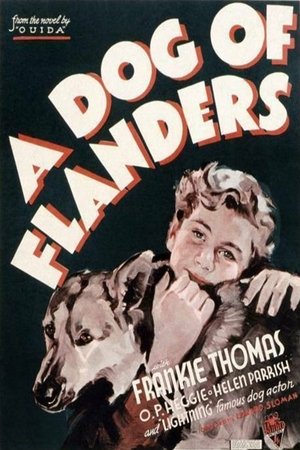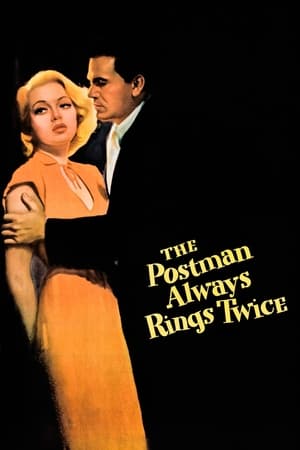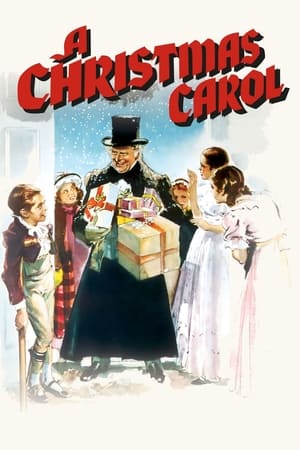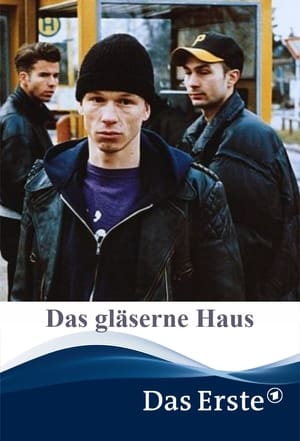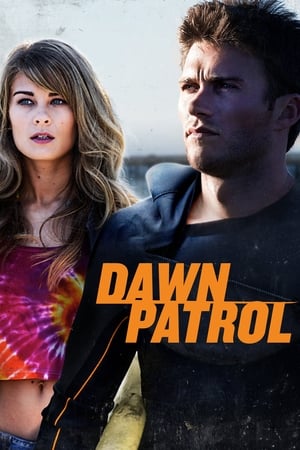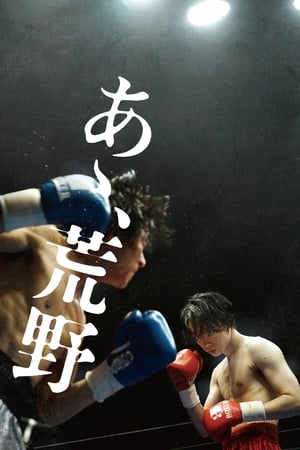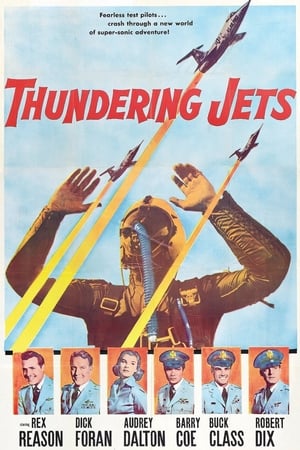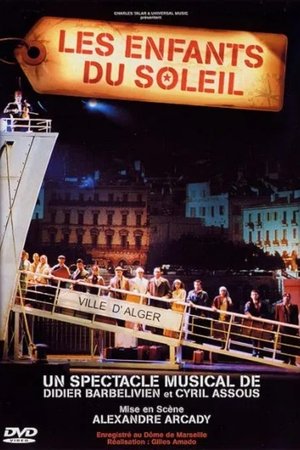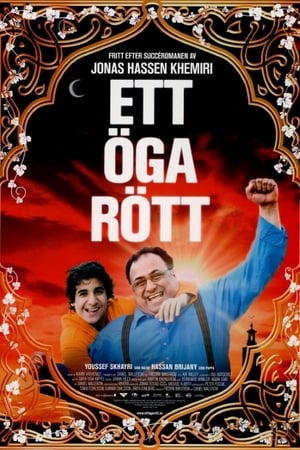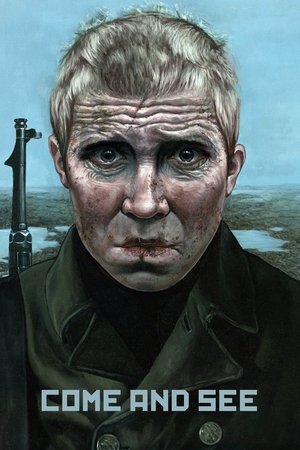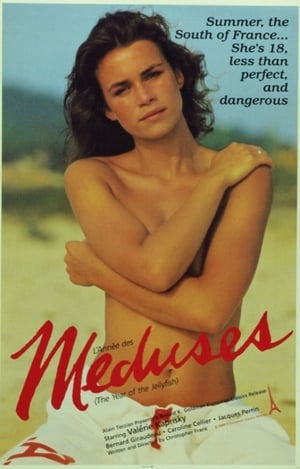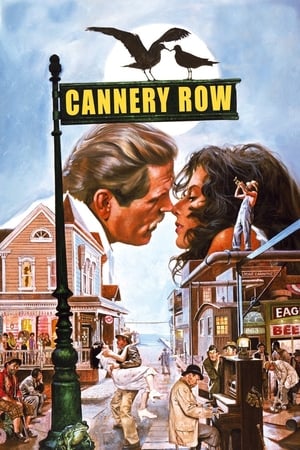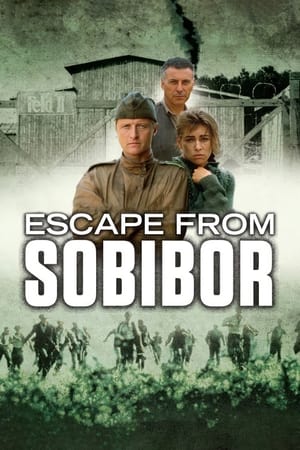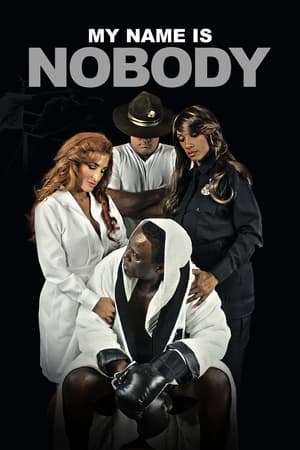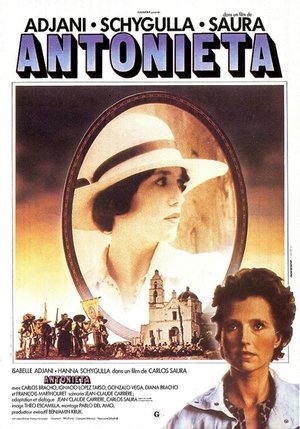Overview
A pragmatic U.S. Marine observes the dehumanizing effects the U.S.-Vietnam War has on his fellow recruits from their brutal boot camp training to the bloody street fighting in Hue.
Reviews
**The second half is better than the first half.**
A film of two halves.
The first half of the fiim focuses on the training of raw recruits and features shenanigans we have seen countless times before - think _Stripes_ and _Police Academy_.
The persecution of the fat guy - a scenario we had already witnessed in Stripes and Police Academy ( "_I could show a movie on your butt, fatso_!"- Lt Harris, Police Academy) is here played out to maximum effect. The fat guy who freezes atop a climbing frame is the central plot here with Matthew Modine's character playing second fiddle to all of the _Leslie Barbara_ stuff.
The second half of the movie at least gives us something we were not expecting when a sniper's identity is revealed.
- Ian Beale
Released in 1986, Full Metal Jacket is Stanley Kubrick's film about Vietnam, adapted from a novel by the reclusive and bitter Vietnam veteran Gustav Harford, and then further expanded by acclaimed Vietnam journalist Michael Herr.
The film breaks down neatly into two very different parts, though both are seen through the eyes of young United States marine J. T. "Joker" Davis (Matthew Modine). In the first act, Davis makes his way through Marine basic training with a motley group of other recruits under the hellish command of gunnery sergeant Hartmann (R. Lee Ermey). Joker watches as Hartmann bullies an overweight and dim-witted recruit cruelly nicknamed Gomer Pyle (Vincent D'Onofrio), until Pyle explodes into murderous revenge. In the second act, now set in Vietnam where Joker is doing a tour of duty as a military journalist, the protagonist and his fellow Marines find themselves on the front line during the Tet Offensive and Joker witnesses firsthand the savagery of war.
Few films consist of such drastically opposed parts that differ in setting and tone and don’t have any overlapping characters besides the protagonist (and one minor character from the boot camp scenes). Full Metal Jacket has often disappointed viewers because the first half is so thrilling that it proves a hard act to follow. That's all down to R. Lee Ermey, who actually was a drill instructor during Vietnam and initially served only as a technical consultant before Kubrick decided to let him play the role and improvise. Ermey acts with a white-hot intensity, realism, and brilliantly worded insults and obscenities that no screenwriter could ever have come up with.
As a young man, I too felt that the film was a letdown once it moved past the witty quips and goofy camaraderie of the boot camp scenes. With time, however, my appreciation for the film as a whole has only grown. The two-part structure now seems to be a strong yin-yang structure: the first act is a vision of order, while the second is all chaos. Furthermore, the second half is a moving statement of how war is often senseless. Joker and his squad, while on patrol for an enemy they cannot even identify and whose ideology or culture they know hardly anything of, begin to be targeted by a sniper. Several men perish before the sniper is found and neutralized, and all that death is pointless: it doesn't contribute in any way to victory for either side. The brutality of World War I trench warfare, where dozens of men could perish for merely a foot of conquered ground, is shown to have persisted through the American quagmire in Southeast Asia.
That said, the film does have its flaws. One is the unrealistic depiction of the Vietnamese landscape. Kubrick had a great fear or dislike of foreign travel, and he insisted on shooting the whole film in East London. Having merely a few palm trees shipped in is a poor replacement for a real Southeast Asian shooting location with its humidity and insects, and in the scene that is meant to show a lively Vietnamese town square Kubrick obviously had the same few cars driving around in circles. It's strange how a director who was generally so perfectionist, could be so careless about locales (this only got worse with his next and last film, Eyes Wide Shut, with its inauthentic stage set New York City). There are also some anachronisms that this director and his technical advisors should have noticed.
Still, even a flawed Kubrick film is classic cinema.
The Marine's don't want robots - they want killers.
This is the journey undertaken by Private "Joker" J.T. Davis, from brutal training camp to Vietnam itself.
As most people know by now, Full Metal Jacket is divided very much into two different halves, halves that to me show the best and worst of the talented director, Stanley Kubrick. For the first part we are subjected to the training regime inflicted on wet behind the ears boys, boys soon to become Marines out in the harshness of the Vietnam War. This is real dehumanising stuff, frighteningly essayed by the brilliance of drill instructor R Lee Ermey's performance. We know, see and feel that the boys are primed to be killing machines, unemotional killing machines at that, with Kubrick astutely weaving the brutality of camp into the moral quandary that was the war itself. One particular recruit, Private Gomer (a heartfelt and unnervingly great Vincent D'Onofrio) is the film, and Gustav Hasford's (writer of the novel and co screenwriter here) point of reference in this incredible first half. It's with this strand that "Jacket" burns itself into the soul of the viewer, to hopefully set us up for what will be Private "Joker's" (Matthew Modine) preparation for the Vietnam conflict.
Then it's that second half...
Where do we go from here? We already know that "Joker" and his mentally brutalised colleagues have been stripped of their basic humanity. Soldiers primed to kill, it's harsh, but true. But Kubrick has already chilled our blood and bludgeoned us repeatedly courtesy of the "Boot Camp" set up. Modine's (who isn't strong enough to carry the picture) "Joker" is now the film's axis, a clever, most definitely articulate character, who is thrust into the murky and muddled battle of the Tet Offensive, yeah and so? All it amounts to is a prolonged series of rationale and philosophical musings on the false war. Kubrick even shifting to safe mode with a clumsy narration segment spouted by "Joker".
Full Metal Jacket is a truly fine film, but it's not the brilliant one it really should have been. If one can take the time to venture deeper with the second half, then it doesn't deliver on the already made point promise of the first part. Technically it's flawless, incredibly designed, with Douglas Milsome's cinematography stunningly effective. But I'll maintain to my final day that Full Metal Jacket finished up as being bloody and pretty instead of being a poignant and horrifying masterpiece. 7/10
**_Kubrick emphasizes Marine Corps boot camp and urban warfare in Vietnam_**
A high school journalist (Matthew Modine) goes to boot camp on Parris Island where he helps a struggling recruit (Vincent D'Onofrio) before serving as a chronicler of the war. In Da Nang he witnesses the start of the Tet Offensive before going 58 miles northwest of there on the coast to experience the Battle of Hue.
“Full Metal Jacket” (1987) went into production six months before “Platoon” in August, 1985, but took a full year to shoot and so “Platoon” beat it to the theaters by six months and stole its thunder. The interesting thing is that “Platoon” cost five times LESS to make ($6 million compared to $30 million) and is the all-around superior movie.
Yet this has its points of interest. The first act’s boot camp sequence is probably the most realistic rendition in cinematic history (speaking as someone who has been there). R. Lee Ermey is effective as the drill instructor, but he’s too hard on ‘Pyle.’
The switch to Vietnam is jarring, yet it is interesting to see a Vietnam War flick that doesn’t focus on jungle warfare, but rather urban combat. The ending is haunting (what Joker does), but it rips off what Capt. Willard did in the riverboat massacre scene of “Apocalypse Now” and just isn’t as potent.
There are two vulgar scenes featuring Vietnam prostitutes, particularly the second one, which I could do without. But I guess they’re just portraying the sad reality of life in these situations with war weary grunts in their late teens or early 20s.
It runs 1 hour, 56 minutes, and was shot in England (too many places to name) with a couple of archival shots of Parris Island, SC.
GRADE: B

 117 min
117 min
 8.121
8.121
 1987
1987
 United Kingdom
United Kingdom
 Ian Beale wrote:
Ian Beale wrote: